Is Your Home Ready for Hurricane Season? The Essential Summer Prep Guide
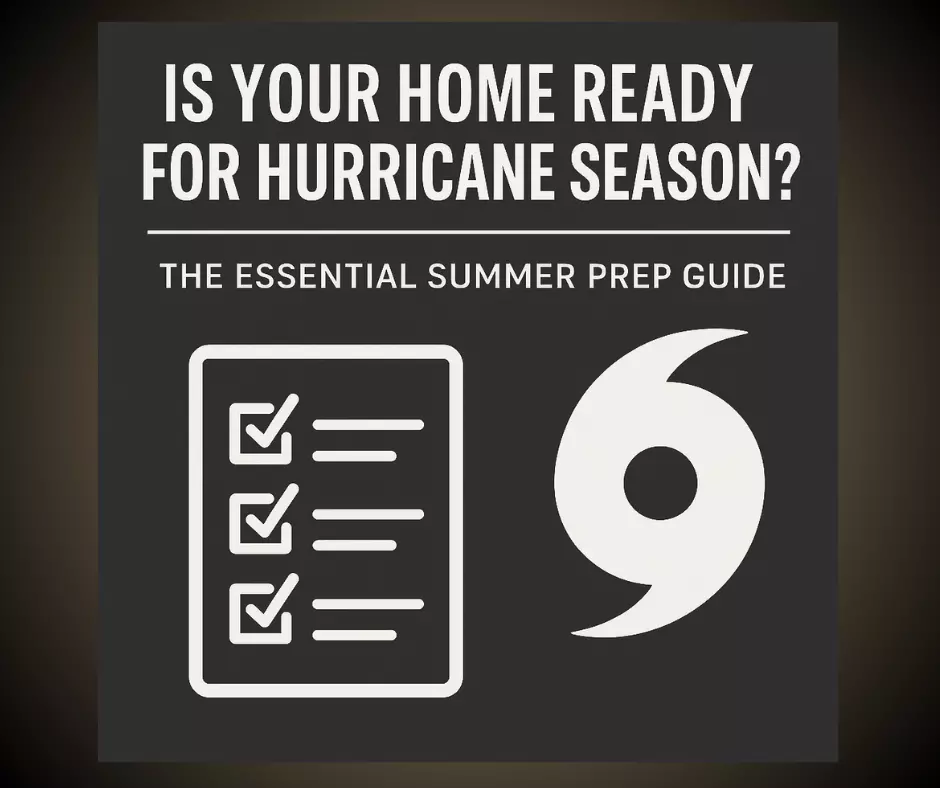
Is Your Home Ready for Hurricane Season? The Essential Summer Prep Guide
As summer heats up, so does hurricane season — and if you live along the coast (hello, Savannah!), it’s not just sunscreen and sweet tea you need to be thinking about. July kicks off the height of hurricane activity in the Southeast, and whether you're a longtime homeowner or just settling into your new place, preparing now can save you serious stress (and money) later.
So grab your checklist - and let’s make sure your home is hurricane-ready.
🌪 Why Hurricane Prep Matters in Coastal Areas
If you've been through even one hurricane season in Georgia, you know the drill — storms can develop quickly, evacuations may be sudden, and supply shelves clear out in a flash. But beyond just weathering the storm, it's about protecting your investment, your safety, and your peace of mind.
For new homeowners? This is a crash course in coastal living. For seasoned locals? Consider this your refresher.
Hurricane Prep Checklist: What Every Homeowner Should Do
1. Review Your Insurance Coverage — Before the Storm Forms
The time to double-check your insurance policy is not when a storm is already heading your way. Take a moment now to review your homeowner’s insurance and make sure it includes both wind damage and flood protection. It’s important to know that flood insurance is typically not included in standard policies and must be purchased separately — often through FEMA’s National Flood Insurance Program.
Also, pay attention to deductibles specific to named storms or hurricanes. Some policies have higher deductibles for these events, so know what kind of out-of-pocket expense you could be looking at in a worst-case scenario.
2. Secure Your Windows, Doors & Garage
Windows and doors are your home’s first line of defense — and your most vulnerable points during a hurricane. If your home has storm shutters, now’s the time to make sure they work properly. If you don’t have them, consider investing in hurricane panels or impact-resistant glass, especially if you’re planning to stay in the home long-term.
Don’t forget the garage door — it’s often overlooked but can fail under high wind pressure, leading to significant structural damage. Reinforcing the garage with a bracing kit or installing a hurricane-rated door can make a huge difference.
3. Clear Your Yard Before It Becomes a Missile Field
That cute patio furniture and those potted plants? In a hurricane, they can turn into airborne projectiles. Walk around your yard and secure or bring inside anything that isn’t bolted down — chairs, umbrellas, bird feeders, toys, trash cans, grills. Trim tree branches that hang near your roof or power lines, and remove any dead limbs now to minimize the risk of them falling during strong winds.
This simple step protects both your home and your neighbors.
4. Prep for Power Outages Like a Pro
Hurricanes and power outages go hand-in-hand — sometimes for days at a time. A portable generator can be a lifesaver, especially in hot and humid climates like Savannah. Test it early, and make sure you have extra fuel safely stored. Even if you’re not going the generator route, stock up on flashlights, batteries, battery-operated fans, and power banks to keep your devices charged.
Don’t forget to prep your fridge and freezer. Fill up large Ziploc bags with water and freeze them to help maintain cold temps longer — and they double as emergency drinking water if needed.
5. Protect Your Most Important Documents
In the chaos of evacuation or cleanup, the last thing you want to worry about is replacing your passport, home deed, or insurance paperwork. Place all important documents in a waterproof, fireproof container, or better yet, scan and save them to a secure cloud-based drive or password-protected USB.
This includes:
Insurance policies
IDs
Medical info
Pet records
Mortgage docs
Trust me — you’ll thank yourself later.
6. Know Your Evacuation Zone & Have a Plan
Every county along the Georgia coast has evacuation zones and routes — but if you wait until the storm is on your doorstep, you may find yourself stuck in traffic or scrambling for a hotel room. Look up your local evacuation zone now (Savannah/Chatham County has an interactive map), and map out two or three possible escape routes.
Also, make a communication plan with your family. Where will you meet? Who will you call? Having this set ahead of time takes the guesswork out of a stressful situation.
7. Build a Storm Supply Kit That Covers the Essentials
When the forecast turns serious, store shelves empty fast. Get ahead of the rush by building a hurricane kit stocked with enough essentials for at least 3–5 days. Here's what you’ll want to include:
Bottled water (1 gallon per person per day)
Nonperishable food and snacks
Battery-powered or hand-crank radio
Flashlights and extra batteries
First aid kit
Medications
Pet food and supplies
Cash (yes, old school — ATMs may be down)
Hygiene items (wipes, sanitizer, etc.)
A "go bag" with clothing and personal items
Keep everything in a plastic bin or duffel that’s easy to grab and go if evacuation is needed.
Bonus Tips for Coastal Buyers
If you're shopping for a home near the coast, hurricane prep should absolutely be part of your checklist. Here’s what to look into:
Flood zones and elevation — Ask your agent or inspector.
Insurance requirements — Understand what coverage is needed based on location.
Seller disclosures — Request info on any past storm-related damage or repairs.
Wind mitigation inspections — These can reduce your insurance premiums and reveal how storm-resistant a home really is.
Being informed upfront helps you buy smart — and sleep better when the weather turns.
🌪️ Local Hurricane Contacts & Resources in Savannah, GA
1. Chatham Emergency Management Agency (CEMA)
-
Address: 124 Bull Street, Room 140, Savannah, GA 31401
-
Phone: (912) 201‑4500
-
Fax: (912) 201‑4504
-
Email: CEMA@chathamcounty.org
-
Handles county-wide hurricane prep, evacuation zones, sirens, and public alerts coastalhealthdistrict.org+11chathamemergency.org+11chathamemergency.org+11
2. City of Savannah – Emergency Preparedness Division
-
Phone: (912) 652‑3812
-
Fax: (912) 522‑1553
-
Email: SAVPrepares@savannahga.gov
-
Coordinates city disaster planning, community guidance, RAVE alert enrollment catchacat.org+3savannahga.gov+3savannahga.gov+3
3. Chatham County Hurricane Registry (for special needs)
-
Call: 1‑833‑CHD‑REGISTER (1‑833‑243‑7344)
-
Ensures transportation and shelter for residents with medical or functional needs dot.ga.gov+14chathamemergency.org+14coastalhealthdistrict.org+14
4. Ready Chatham County Hotline
-
Address: 124 Bull Street, Suite 220, Savannah, GA 31401
-
Info Line: (912) 652‑7175
-
Offers hurricane tips, evacuation guidance, and shelter info savannahga.gov+10ready.chathamcountyga.gov+10chathamcountyga.gov+10
5. Chatham Area Transit (CAT) – Hurricane Evacuation Transport
-
Public Info Contact: A’riel Johnson, (912) 433‑5191 or (912) 233‑5767, info@catchacat.org
-
Manages bus evacuation routes during storms; consult plan for details chathamemergency.org+11catchacat.org+11chathamcountyga.gov+11
6. GDOT / 511 Georgia – Traffic & Route Info
-
Call or Text: 511 for real-time travel and evacuation route updates
-
In emergencies, I‑16 contraflow may be deployed dot.ga.govchathamcountyga.gov
📋 Quick Summary Table
| Agency | Purpose | Contact |
|---|---|---|
| CEMA | County emergency management, alerts, evacuation data | (912) 201‑4500; CEMA@chathamcounty.org |
| City Emergency Preparedness | City-level disaster planning, RAVE alerts | (912) 652‑3812; SAVPrepares@savannahga.gov |
| Hurricane Registry | Assistance for medical/functional needs | 1‑833‑243‑7344 |
| Chatham Ready Hotline | General hurricane info & guidance | (912) 652‑7175 |
| CAT Transit | Public transportation during evacuations | 912‑433‑5191; info@catchacat.org |
| GDOT / 511 | Real-time traffic/evacuation route updates | Call/text 511 |
✅ Additional Tips
-
Sign up for alerts: RAVE alerts (via city) and CEMA notifications via text CEMA to 77295 dot.ga.gov+1coastalhealthdistrict.org+1facebook.com+9chathamcountyga.gov+9chathamcountyga.gov+9chathamcountyga.gov+5savannahga.gov+5savannahga.gov+5coastalhealthdistrict.org+1chathamemergency.org+1ready.chathamcountyga.gov
-
Visit online resources:
-
Georgia Coastal Health District’s “Official Georgia Hurricane Guide” coastalhealthdistrict.org+3coastalhealthdistrict.org+3chathamemergency.org+3
-
Chatham County’s interactive evacuation maps and flood info en.wikipedia.org+15chathamcountyga.gov+15ready.chathamcountyga.gov+15
-
💬 Final Thoughts
Hurricane prep isn’t about panic — it’s about being smart, proactive, and confident. When you live in a beautiful coastal community like Savannah, seasonal weather comes with the territory. But with the right checklist, you’ll feel secure knowing you’re ready for whatever summer brings.
📞 Ready to Buy or Sell Along the Coast?
If you’re planning a move — or wondering how to protect your current home’s value — let’s chat. I’m here to help you navigate the coastal market confidently, rain or shine.
Categories
Recent Posts


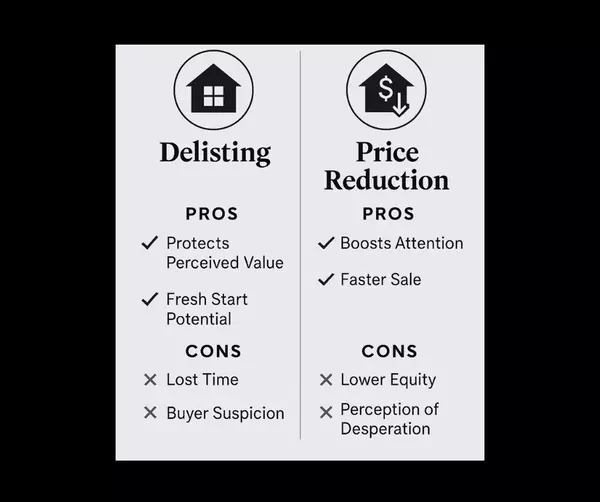
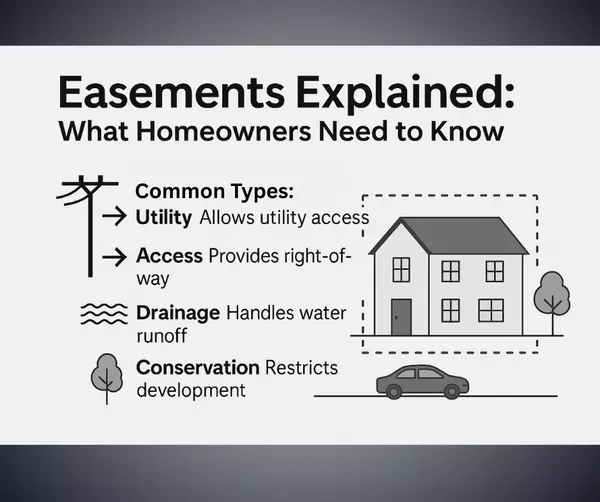
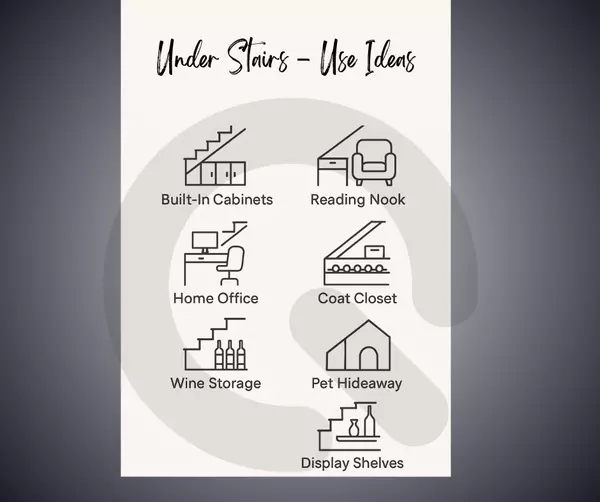



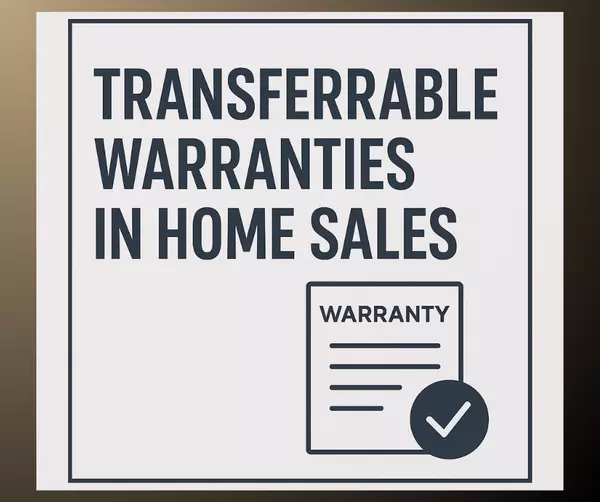

GET MORE INFORMATION


